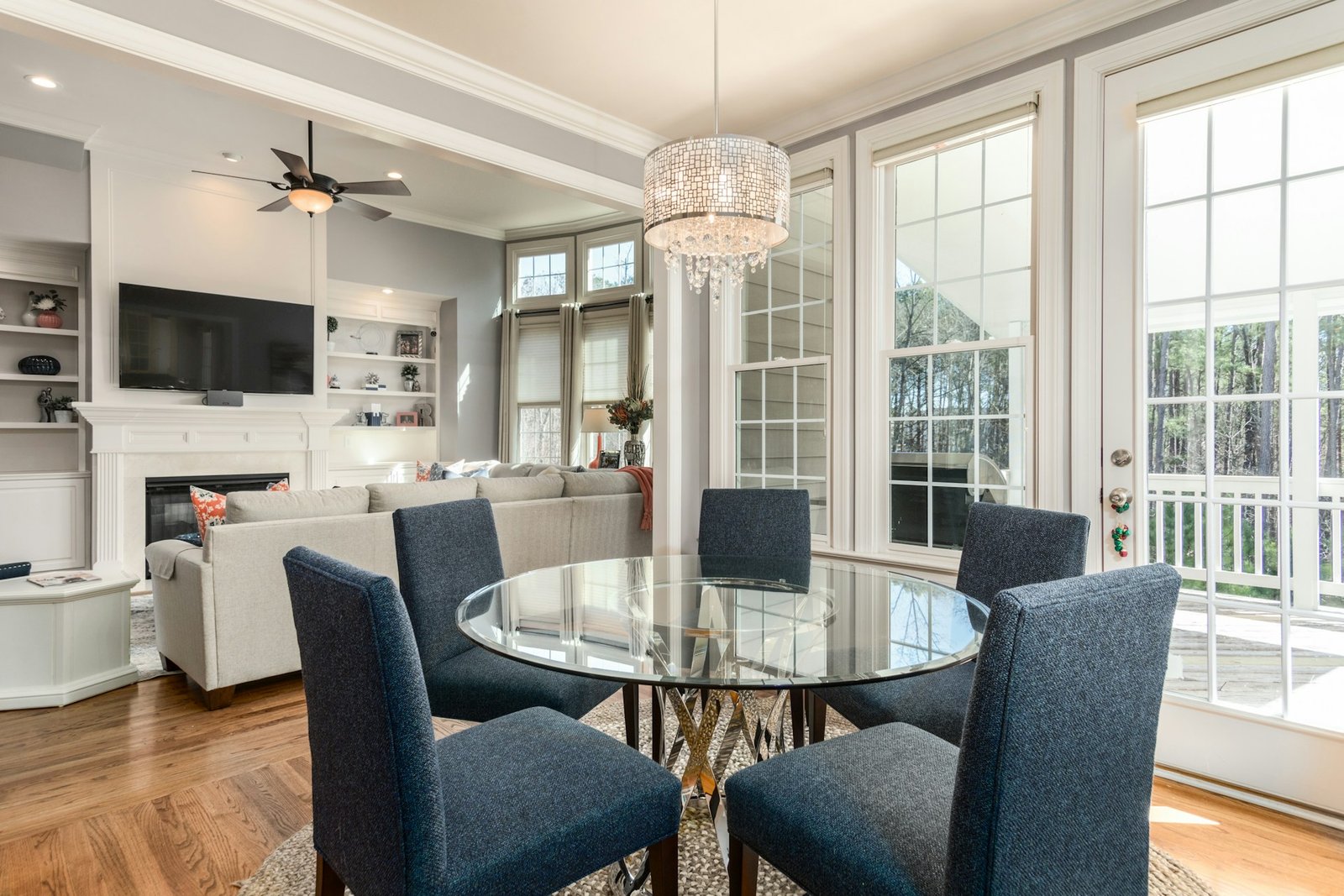There’s nothing quite like being a homeowner in the midst of renovation season. All those days spent adding appliances to your kitchen and carpets from the finest oriental rugs store eventually develop into one beautiful house. However, with plans begin taking shape or even construction starting, it is important to keep in mind the impact home renovations have on your insurance. Make sure you understand what these effects are – before you renovate! Managing these impacts both before and after construction will help see to it that investment remains quite well protected.
Before Renovating: Preparing and Informing Your Insurer
Checking Your Current Policy
Before you start knocking down walls or installing a new kitchen, take a careful look at your current home insurance policy. You need to know what is covered and what isn’t. Some policies may contain a clause that would render your coverage invalid if you made major structural changes without informing an insurer first.
Talking to Your Insurance Company
Next, having inspected the policy you have, get in touch with your insurer about your plans for renovation. This point is crucial as any major changes made to your home’s structure or value could possibly change the terms of your protection.
Some Dangers to Your Home
Renovations to your home can bring new dangers with them. For example, if you are building an extra room, there will be a greater chance that during the construction period the place might be burgled or suffer other injuries. Your insurer needs to hear about these dangers so that they can adjust your policy accordingly.
During Construction of a Home or Business: Maintaining Insurance Protection.
Temporary Changes in Coverage
During construction, your insurer may adjust your policy to account for the temporary increase in risks. This could mean adding builder’s risk coverage, which insures against damage to the property while it is under construction.
Security and Responsibility Hazards
Construction means any number of accidents could occur. If contractors working on your house or commercial property are injured it might look as though you were responsible. Make sure that your liability coverage is enough to protect against these circumstances.
Guarding the Construction Site
Pro-actively guard your construction site. This includes properly storing materials, ensuring that the property is not subject to unauthorized entry and that contractors observe safety procedures. By doing this you can limit the chance of accidents and avoid possible insurance claims.
After Renovations: Updating Your Policy
Review The Value of Your Home Again
Although renovations can increase a home’s value, after they’re finished it’s important to have your property revalued and this increased value reflected in your policy. If you you could be left underinsured when it comes time to make a claim.
Assessing Coverage Limits and Exclusions
When your home’s value has gone up, you may need to review the coverage limits too. Make sure your limits are high enough that they’ll cover the full value of not only your house but also your personal belongings. Furthermore, look out for any exclusions added during the renovation process.
Adding Supplementary Protection
The scope of your renovation determines the type of supplementary protection needed. For instance, if you have installed a new swimming pool this may require further liability coverage. On the other hand, now that you are starting from scratch with all your data systems thanks to smart home technology being installed it might be a good time to think about electronic data recovery coverage.
Conclusion
Renovating your home can be a satisfying project, but it is also important to bear insurance consequences in mind during the whole period. By appraising your present policy, communicating with your insurer and amending what coverage you need post-renovation (if necessary), you can enjoy newly remodelled space with assurance- knowing it is fully protected.
Insurance, remember, is a way to protect your home, your most valuable asset from unexpected disaster. It serves no purpose to become so caught up in the excitement of renovation that you ignore insurance. Be informed, be safe, and construct the dwelling you have always wanted.Conclusion
Renovating your home can be a fulfilling project, but knowing what kind of insurance coverage is needed and proper procedures are. By looking over your current policy, communicating with him, and adjusting your protection to meet post-renovation needs, you can sit back and enjoy your newly redone place knowing not only has it been completely redone but also safeguarded in every way.
Remember insurance is there to protect your home, your most valuable asset, against the unexpected. Don’t let the thrill of remodeling turn your mind away from ensuring. Be informed, be secure, and build the home of your dreams in confidence.



